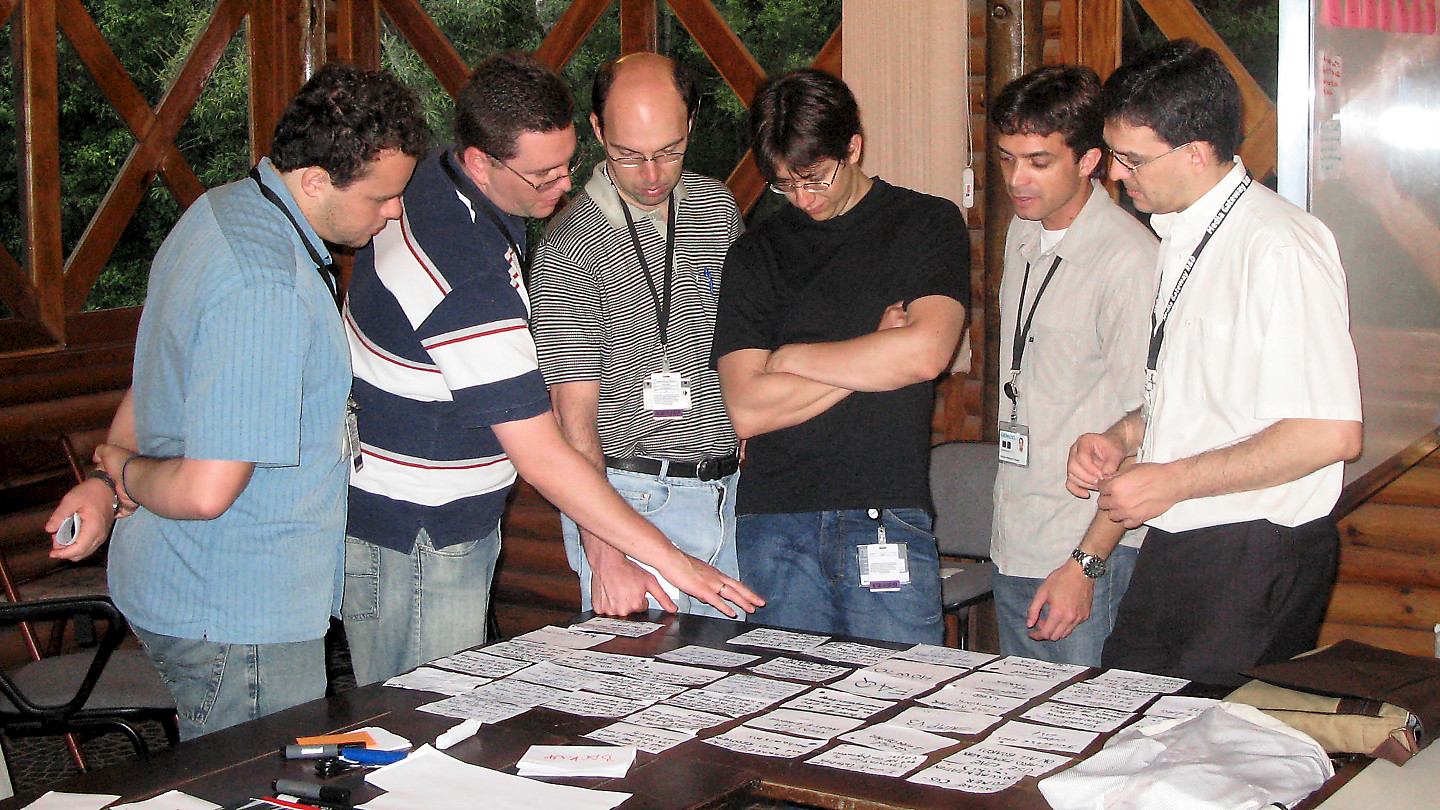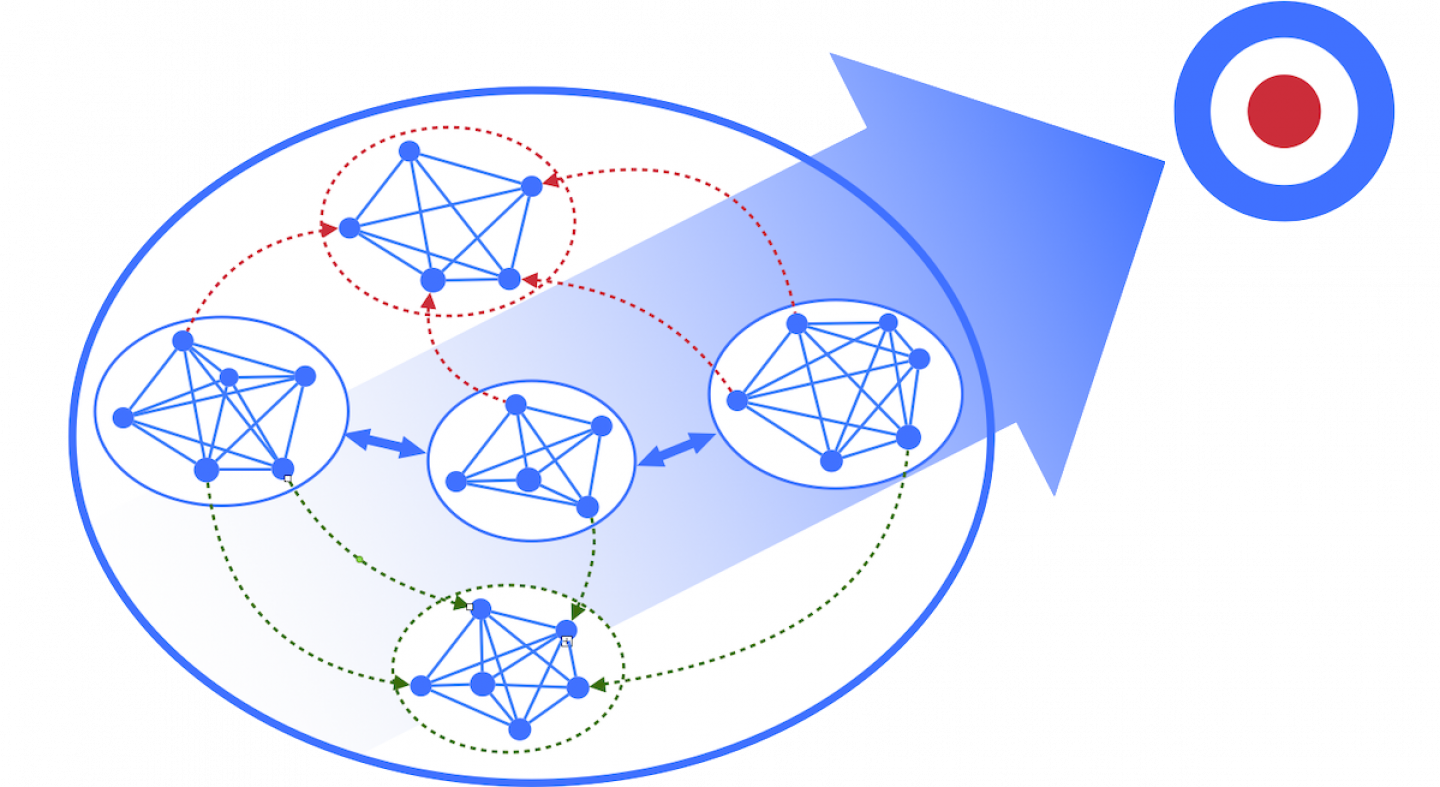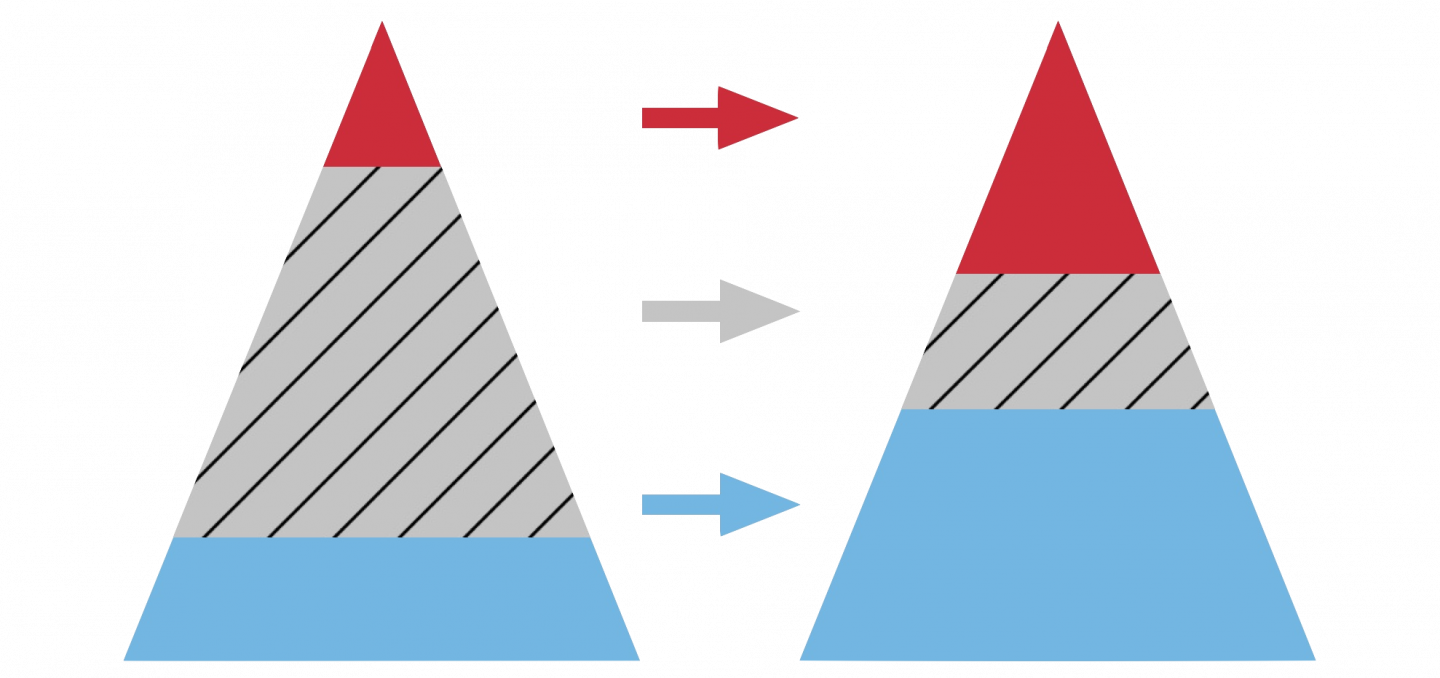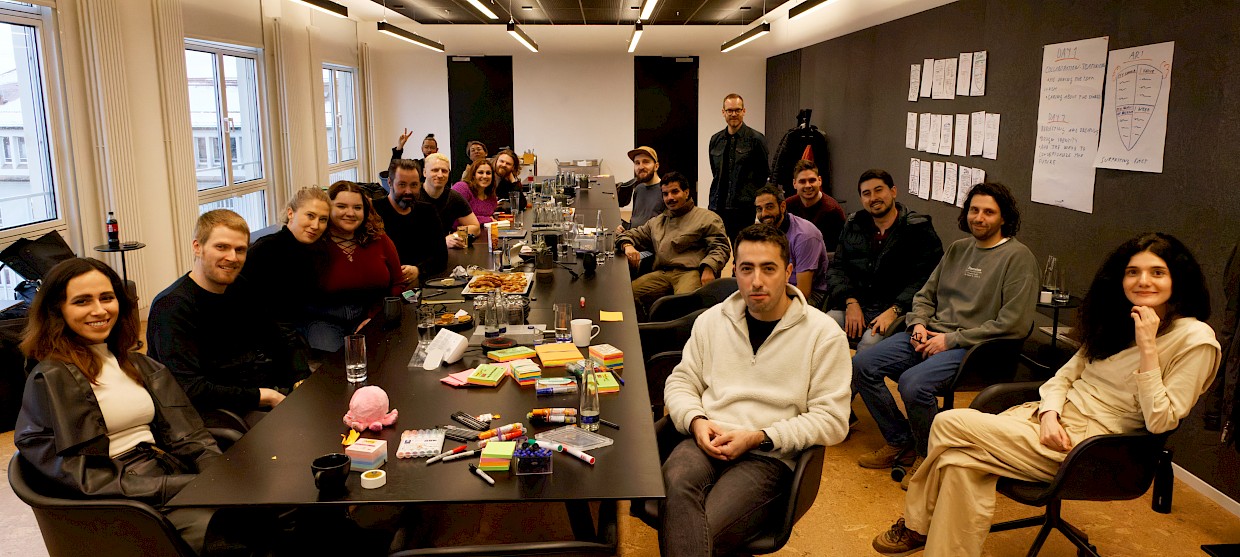Set clear goals and expectations
It is important for teams to have a
clear understanding of what they are working towards, as well as the
roles and responsibilities of each team member. This can help to ensure
that everyone is on the same page and working towards the same goal.
Encourage open communication
Effective communication is essential
for successful teamwork. Encourage team members to share their thoughts
and ideas openly, and create an environment where everyone feels
comfortable speaking up and providing feedback.
Foster collaboration
Encourage team members to work together and
support each other in achieving their goals. This can include things
like sharing knowledge and resources, providing assistance to team
members who are struggling, and working together to solve problems.
Provide support and resources
Make sure that team members have the
tools and resources they need to succeed. This can include things like
training, access to technology, and support from managers and other team
members.
Celebrate success
It is important to recognize and celebrate the
accomplishments of teams and individual team members. This can help to
motivate and inspire team members, and foster a positive and
collaborative team culture.




